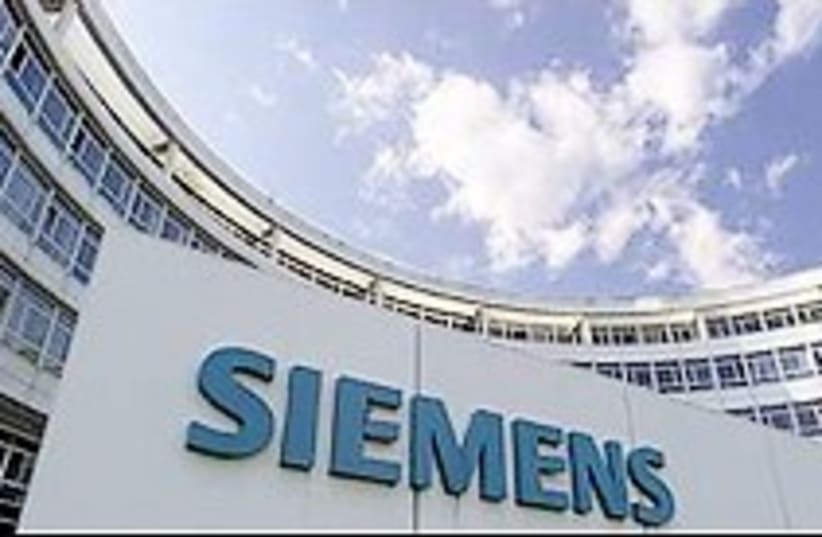In an e-mail on Wednesday to the Post, Göpfrich wrotethat, “the German-Emirati Joint Council for Industry and Commerce exploreswithin the framework of international and national trade laws and economicpolitics (sanctions regime) if, when, and how the legal possibility exists tohave business relations with Iran.We see the treatment of such topics as necessary."Asked if the business association is contradicting German Chancellor Angela Merkel's policyto reduce business with Iran,Göprich wrote that, “as an officially sponsored German business associationfrom the Economics’ Ministry, we adhere to all general political and foreigntrade principles of the German government as well as of the German Chamber of Commerceand inform our members.”
When pressed about the role of the German-Emirati Joint Council forIndustry and Commerce in commencing deals with a regime in Teheran that deniesthe Holocaust and threatens to obliterate Israel, Göprich wrote “ditto,”restating his previous answer about a general compliance with the principles ofthe German government.Last month, Siemens sent a shipment of ostensibly illegal equipment to Iran via its Swedish and Chinese subsidiaries. The company has been accused of corporate criminality through transactions involving its turbo compressors, which could be used for Iran's missile program, and the attempted delivery of sophisticated computer technology for the country's nuclear facilities.Siemens CEO Löscher said the industrial conglomerate is "exclusively involved in civilian projects in the areas of infrastructure, medicine, and traffic."He said that in October there were advisory meetings to terminate the Siemens-Iran business relationship. Löscher issued the caveat that the requirements of "existing contracts" will be met, to avoid financial penalties regarding an unlawful severance of the agreements.Stop the Bomb, a broad coalition of German and Iranian activists, jump-started its campaign to criticize Siemens' human rights violations in Iran at last year's stockholder meeting. The activists confronted the Siemens board of directors with charges of ignoring their historical responsibility toward the Jewish state.The political group helped to expose the delivery of Siemens-Nokia surveillance technology to the Iranian regime. After media reports that the Siemens-Nokia monitoring equipment was used to crackdown on Internet, Twitter, mobile and landline communications among pro-democracy supporters during the contentious June 2009 presidential election, the corporate reputation of Siemens took a beating.Meanwhile, according to a mid-January report in the Hamburger Abendblatt newspaper, the Hamburg-based ports company HHLA dissolved its planned agreement to work with the Iranian firm Tidewater to modernize the port terminals of Bandar-Abbas. The city of Hamburg owns a 75 percent stake in HHLA.
Axel Gedaschko, the Christian Democratic Union state minister of economic affairs and employment in Hamburg, told the Hamburger Abendblatt,"We are this time placing a large question mark over every possiblebusiness deal with Iran. We find it good that HHLA proceeded in asensible manner."The Central Council of Jews in Germany had protested the planned harbor deal.Stephan Kramer, general-secretary of the council, said firms likeSiemens and HHLA "are making a substantial contribution to supportingthe regime in Iran" and "are an accessory to repressing the civilianpopulation."Haaretz reported on Mondaythat the Israeli Embassy in Berlin had also complained about the portdeal to the German government, because the Iranian port Bandar-Abbashad been used as the departure point for the Francop ship. The Francop,a German-owned vessel, and its cargo of hundreds of tons of weapons,allegedly bound to Syria and Hizbullah, was seized by the Israel Navyin the eastern Mediterranean Sea on November 4.